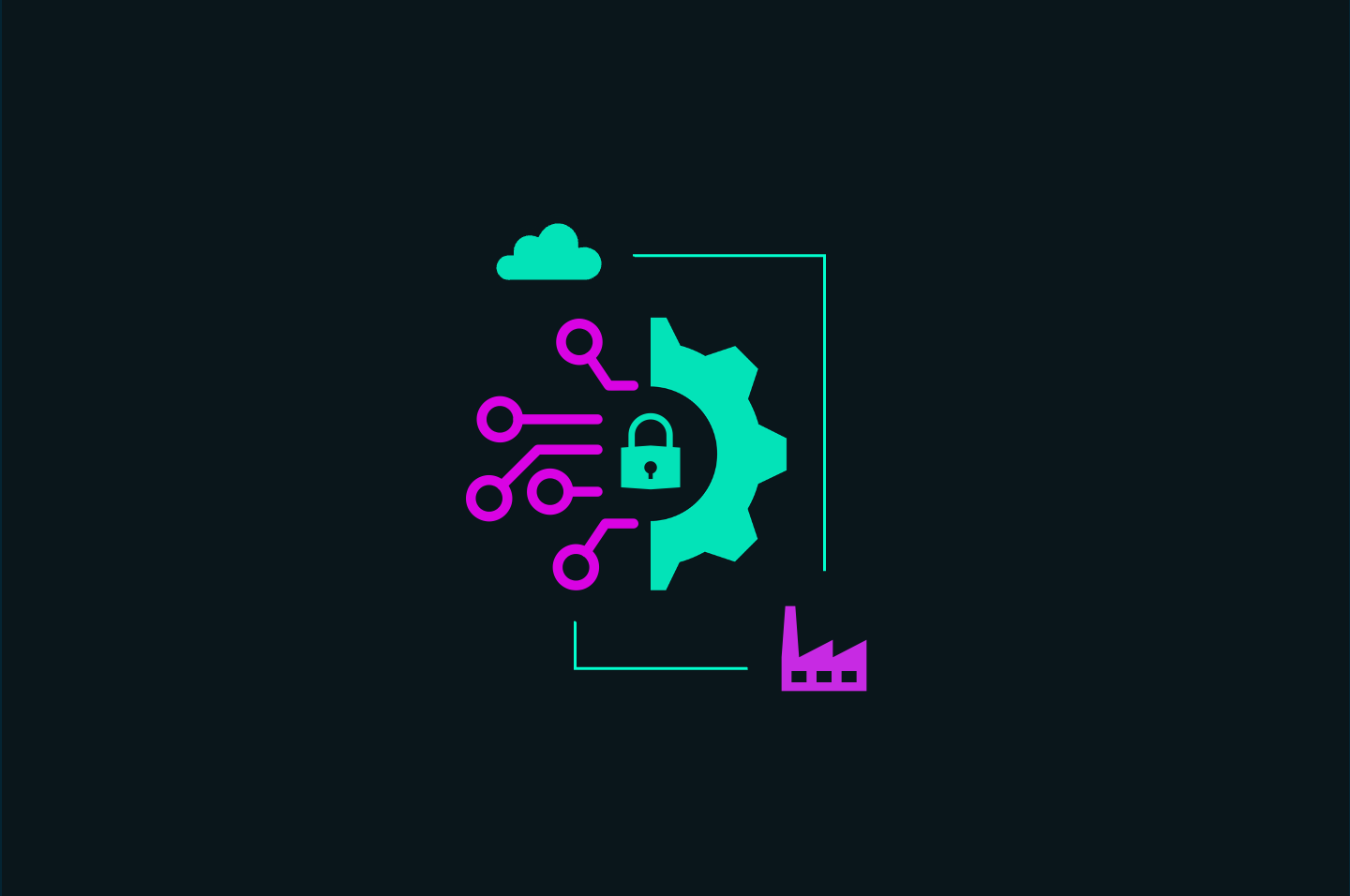Introduction
Key Takeaways

Cybersecurity compliance represents a major business opportunity for managed service providers (MSPs) attempting to move away from legacy IT services and toward a market that’s projected to double from $40 billion to roughly $80 billion by the end of the decade.
But for the ill-equipped, it’s a potential albatross that can ultimately sink a business. In fact, recent studies show that MSPs that have not taken the appropriate steps to offer robust cybersecurity solutions and shore up their own internal processes and systems have lost clients in droves.
A recent survey commissioned by Continuum through Vanson Bourne revealed that one in four SMBs considers leaving their MSP due to security concerns. Furthermore, 89% of SMBs list cybersecurity in their top five business concerns, and 79% plan to invest more money into cybersecurity in the coming months.
A below-par cybersecurity posture is not a threat to MSPs’ ability to retain and secure new clients.
A Better Business Model
Today, MSPs are being increasingly targeted for cyberattacks because of the vast amounts of data that one breach can compromise. These threats only serve to further the importance of establishing robust internal information security practices.
The ever-increasing number of expansive privacy laws, mandatory frameworks, and similar regulations have raised the cybersecurity standards expected of MSPs by SMBs. Michael George, CEO of Continuum, stated, "We have seen first-hand that the number one reason MSPs lose business today is over concerns about cybersecurity." As vendors with extensive access to client systems, MSPs are held to a higher standard of information security, making it crucial for them to adapt and meet these client expectations in order to keep clients happy and remain competitive in the industry.
A Top Priority for Clients
In today’s business environment, cybersecurity threats are becoming increasingly sophisticated, and MSPs need to ensure that their internal security systems are up-to-date and will protect their clients’ sensitive data.
And according to Continuum, “Cybersecurity is a major factor in whether an SMB is likely to use, continue to use, or change their MSP.” To succeed in this new reality, MSPs should expect to answer clients’ detailed questions about security during the prospecting phase and throughout the customer lifecycle – and comprehensive evidence of the MSP’s strong cyber posture can benefit the sales cycle and help retain clients.
Vendor risk management practices increasingly guide companies’ decisions regarding MSPs. So having the best-in-breed internal cybersecurity controls can become a selling point for MSPs who want to attract forward-thinking clients. Focusing on offering clear security standards that align with client needs and expectations should be a priority for MSPs.
A Competitive Market
MSPs are losing customers after suffering a security breach and due to concerns over their security posture. According to Continuum’s study, “SMBs will not hesitate to change providers for the “right” cyber security offering and they are prepared to pay more to do so.”
Taking proactive measures to safeguard data helps MSPs to prevent churn and retain clients. By using a cybersecurity tool (ahem...Apptega) that tracks evidence against specific frameworks and shows progress towards compliance, MSPs can rise above the competition, differentiate themselves from competitors, and establish themselves as trusted partners that prioritize security.
.svg)





